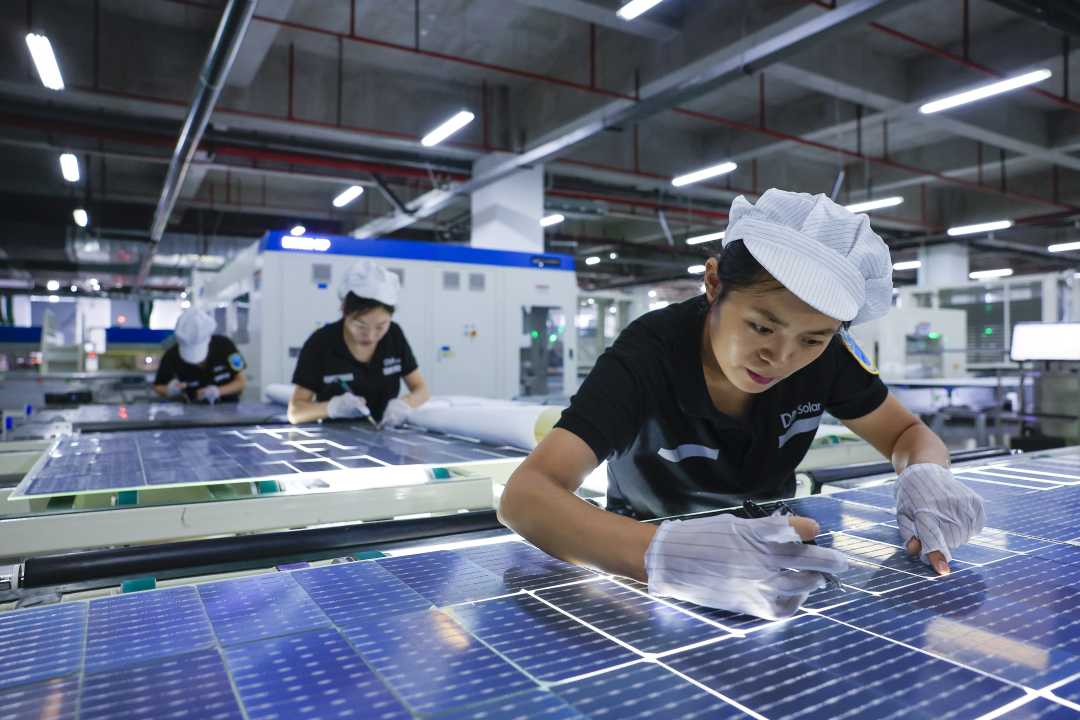The U.S. Department of Commerce has announced the imposition of tariffs reaching up to 3,521% on solar panel imports from four Southeast Asian countries: Cambodia, Vietnam, Malaysia, and Thailand. This decision follows a year-long investigation into allegations that Chinese manufacturers were circumventing existing tariffs by routing their products through these nations, benefiting from government subsidies and selling below market value in the U.S.
Key Points:
- Scope of Tariffs: The tariffs vary by country and company, with the highest rates applied to Cambodian manufacturers due to non-cooperation during the investigation.
- Impact on U.S. Market: These four countries account for approximately 77% of U.S. solar panel imports. The new tariffs are expected to significantly affect the U.S. solar industry, potentially leading to increased costs for solar projects and slowing the adoption of renewable energy.
- Political Context: The tariffs are part of a broader strategy to protect U.S. manufacturers from what is perceived as unfair competition due to foreign subsidies and dumping practices.

Implications:
- For U.S. Manufacturers: Domestic solar panel producers may benefit from reduced competition, potentially leading to increased market share and investment in local manufacturing.
- For Consumers and Developers: The tariffs could lead to higher prices for solar panels, affecting the cost-effectiveness of solar energy projects and possibly slowing the transition to renewable energy sources.
- For International Trade Relations: This move may strain trade relations between the U.S. and the affected Southeast Asian countries, as well as with China, potentially leading to retaliatory measures.
The U.S. International Trade Commission is expected to review and approve these tariffs in June 2025. Stakeholders in the renewable energy sector are closely monitoring the situation to assess the long-term impacts on the industry.
